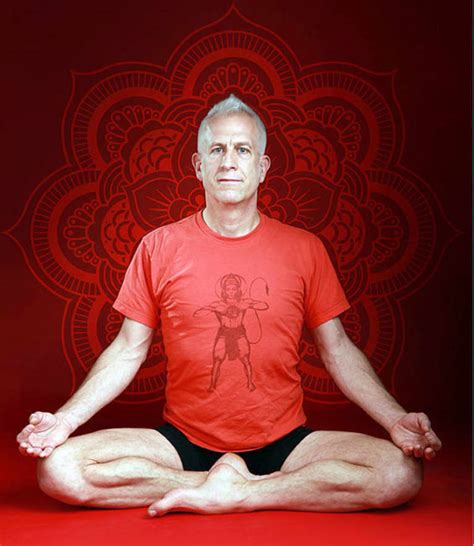A Quote by John Friend
Skillfully engaging in intimate relationships can be one of the most potent spiritual practices.
Related Quotes
Our practices - our most spiritual practices - are hanging laundry on the line, raising children, building strong relationships, practicing kindness as much as we can, striving for excellence in the workplace, and developing deeper self-knowledge. I wrote The Four Purposes of Life to assist in these endeavors.
I wouldn't say I'm fixated on describing any kind of relationship whether it is a father and a son, or a family. I don't like it when people say that I'm particularly following the same line or that I'm only interested in family dramas. I'm interested in human relationships. The most intimate, the most delicate, and the most intriguing relationships are those within a family.
There are 3 levels of compatibility in intimate relationships that connect the most subtle realm of spirit to the most outer, dense form of body. There must be alignment in heart, through life view and spiritual intention; mind, through clear, open communication; and body, through physical chemistry. Compatibility on all 3 levels of heart, mind, and body is the ultimate love relationship, which everyone is seeking!
Much as being active in the antislavery movement of the last century involved more than not engaging in slavery oneself, so joining in an antiviolence movement has to go beyond opting for nonviolence in one's personal life. It calls for engaging in imaginative and forceful practices of nonviolent resistance to violence, including taking a stand toward entertainment violence.
Engaging the body in acts of being present with God, including certain ceremonial practices, opens us up to God in new ways. People of faith in ancient times understood that such physical acts and practices as rest and worship, dietary restrictions, and mandated fabric in their wardrobes were of great value to their faith and life.






























